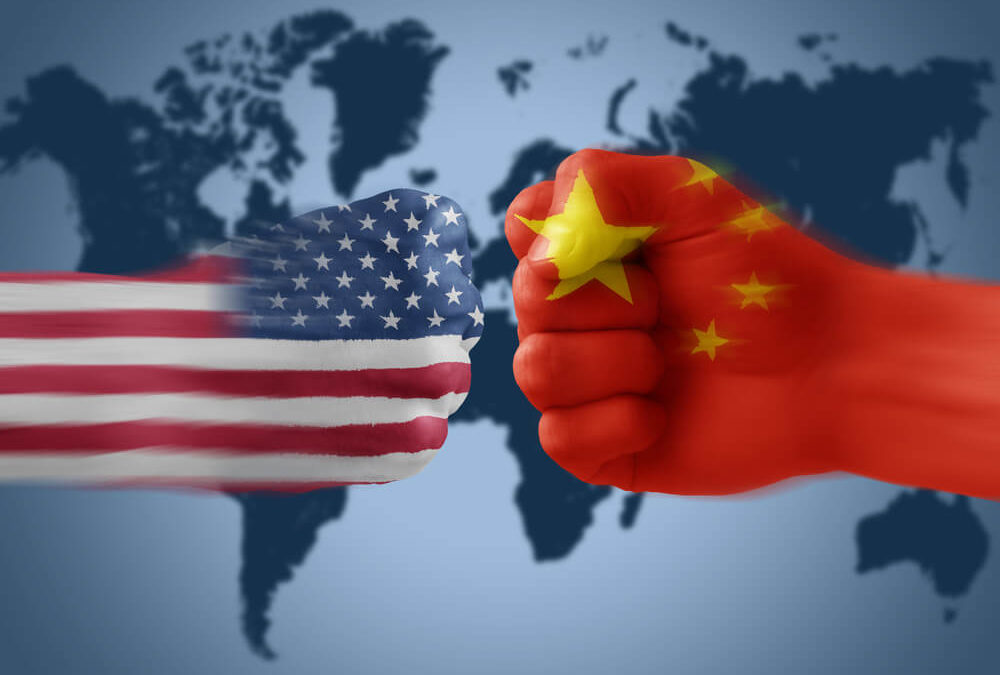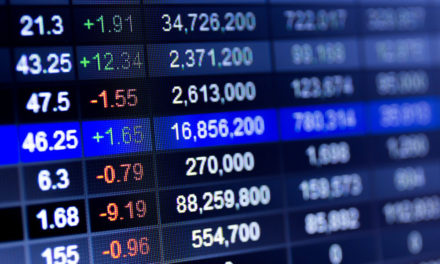Analysts all over Wall Street are warning about the dangers of further escalation in the ongoing trade war between China and the U.S. after U.S. President Donald Trump’s latest round of tariffs were announced last week.
Per Bloomberg, here’s a wrap-up of what a few experts are saying:
Cowen, Chris Krueger
Krueger called China’s retaliation “massive,” adding that “on a scale of 1-10, it’s an 11.” He cited the Chinese government calling on state buyers to halt U.S. agricultural purchases, while there’s “increased anecdotal evidence that the Chinese government is tightening its overview of foreign firms.”
“While there were measures that could have been chosen with larger direct effects on supply chains, the announcements from Beijing represent a direct shot at the White House and seem designed for maximum political impact,” Krueger said. “ We expect a quick (and possibly intemperate) response from the White House, and consequently expect a more rapid escalation of trade tensions.”
“There now will be increased expectations that the Fed will cut again in September to offset the drag caused by this escalation in the trade war,” he added. “Such moves will only be a partial, lagged offset to the recessionary headwinds a cycle of retaliation would cause.”
BMO, Ian Lyngen
“The wait is over for those wondering how Beijing would respond to Trump’s recent tariff announcement,” BMO said. “The result: The yuan was allowed to depreciate well beyond 7.0.”
Instructing state-owned Chinese firms to halt U.S. crop purchases triggered “the obligatory flight-to-quality,” which pushed 10-year yields to 1.74%, with two-year yields keeping pace. That was “an impressive move that suggests August will not experience the traditional summer doldrums. Who needs vacation anyway?”
“The most significant unknown at this moment,” Lyngen added, “is how much further the yuan will be allowed to fall given that it’s already the weakest since 2008.”
Morgan Stanley, Betsy Graseck (bank analyst)
Bank investors’ eyes were “glued to the yield curve last week,” with Trump’s tariff tweet on Thursday, Graseck wrote in a note. They’re now asking about Morgan Stanley’s net interest margin (NIM), outlook.
Graseck didn’t change her NIM assumptions — yet. “We bake one additional cut of 25 basis points in 2019 in-line with our economist, and bake in the 10-year at 1.75% by mid 2020,” she wrote. She’ll update NIM and earnings per share estimates “if it looks like these trade tariffs are going through as September approaches.”
Morgan Stanley, Michael Zezas (policy strategist)
“The dynamics of U.S.-China negotiation and macro conditions mean the next round of tariffs will likely be enacted, and investors are likely to behave as if further escalation will follow in 2019 until markets price in impacts,” Zezas wrote. “This supports our core view of weaker growth and skews the Fed dovish.”
Zezas sees incentives for the U.S. to escalate quickly. If the administration “understands the Fed’s trade policy reaction function, then it may also perceive that a more rapid escalation could deliver one or more of three beneficial points ahead of the 2020 election: 1) A quicker, potentially more aggressive Fed stimulus response that could help the economy heading into the election; 2) More time to re-frame the potential economic downside; and 3) A major concession by China (not our base case, but it is, of course, a possibility).”
Veda, Henrietta Treyz
“The U.S. and China are moving into one of their most aggressive phases yet in the year-plus long trade war and we fully expect things to escalate from here,” Treyz wrote in a note.
Treyz added that China’s ability to quickly adjust their currency is an advantage they have over the U.S. that “goes to the heart of the issue for the Trump administration.” The administration may view China’s communist regime as a “systemic advantage” versus “free markets and democracy” in the U.S., as the Chinese can “subsidize domestic industry, quickly, enact lower tax rates and provide stimulus.”
Furthermore, her conversations with Republicans point to the belief that “China’s economy is on the brink of collapse,” she said, with turmoil in Hong Kong “considered evidence of an organic domestic uprising that many believe the Chinese government cannot contain.” Republicans may also believe Trump will “galvanize” his base behind him, while attracting “anti-trade and union Democrats in the Rust Belt as he takes on the mantle of a war time president going into 2020 by engaging in this trade war.”




